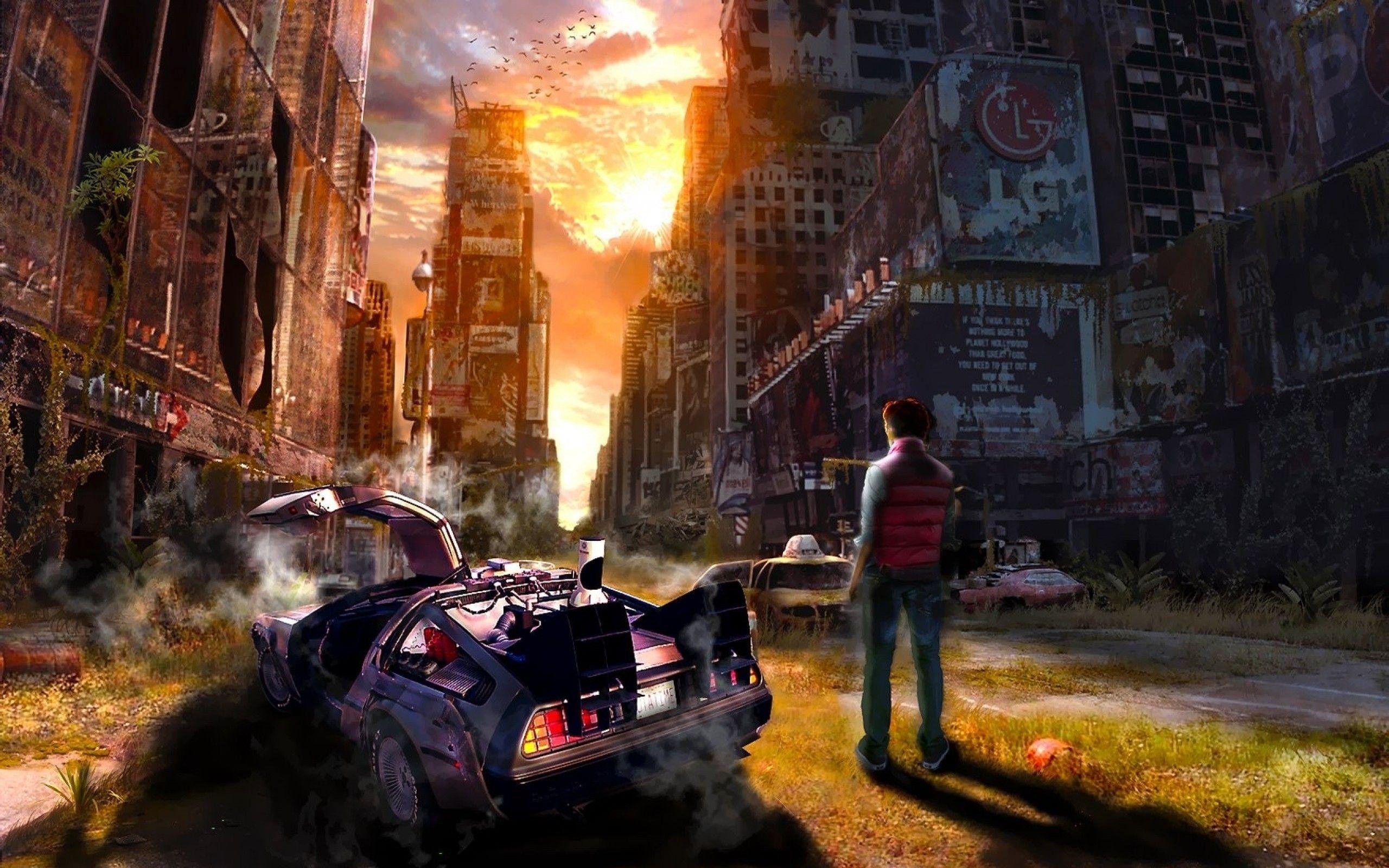Here's a one more time travel paradox, this one is also interesting and electrifying for you like the bootstrap paradox. A Predestination Paradox refers to a phenomenon in which a person traveling back in time becomes part of past events, and may even have caused the initial event that caused that person to travel back in time in the first place.
In this paradox of time travel, history is presented as being unalterable and predestined, with any attempts to change past events merely resulting in that event being fulfilled. Some of you may get confused between Bootstrap and Predestination paradox. So, let’s see the differences between these two.
The predestination paradox involves events. For example, a ball goes back in time and hits its past self and knocks it back in time to hit it's past self again over and over again. These also have a clear beginning and sometimes end. A bootstrap paradox is defined by an item simply existing from nowhere and traveling through time indefinitely with no clear beginning or ending to its creation. In the bootstrap paradox, sometimes you can alter the history if you want but that’s not allowed in Predestination Paradox.
Let's understand the Predestination Paradox better by an example. For instance, say you built a time machine to stop your friend from dying in a car accident a year ago. After traveling to the past, you are driving on your way to the scene of the crime, but instead of preventing the accident you accidentally run over your friend and cause it to happen. You then flee the scene of the crime and return to your present and continue with your life in a linear way, but your self in the past upon learning of his friend's accident then sets about building a time machine only to once again travel back in time and cause the accident.
In this example, your action in creating a time machine caused the accident to happen, and any time travel attempts to change the past event will invariably still result in the accident occurring, and history being preserved. You then go on and live your life in linear time knowing that history is pre-written, and that you cannot change an event in the past that has already taken place.
This results in a ‘temporal causality loop’ in which Event 1 in the past influences Event 2 in the future (time travel to the past) which then causes Event 1 to occur, with this circular loop of events ensuring that history is not altered by the time traveler and that any attempts to stop something from happening in the past will simply lead to the cause itself, instead of stopping it from happening.
According to a solution called the ‘timeline-protection hypothesis’, any attempts to change the timeline would result in a probability distortion being created to protect the timeline. Moreover, a highly improbable event may occur in order to prevent a paradoxical, impossible event from taking place.
Another solution can be ‘Novikov’s self-consistency principle‘, which asserts that a time traveler is constrained to only creating a consistent version of history. In other words, there must be zero probability of creating a time paradox.



